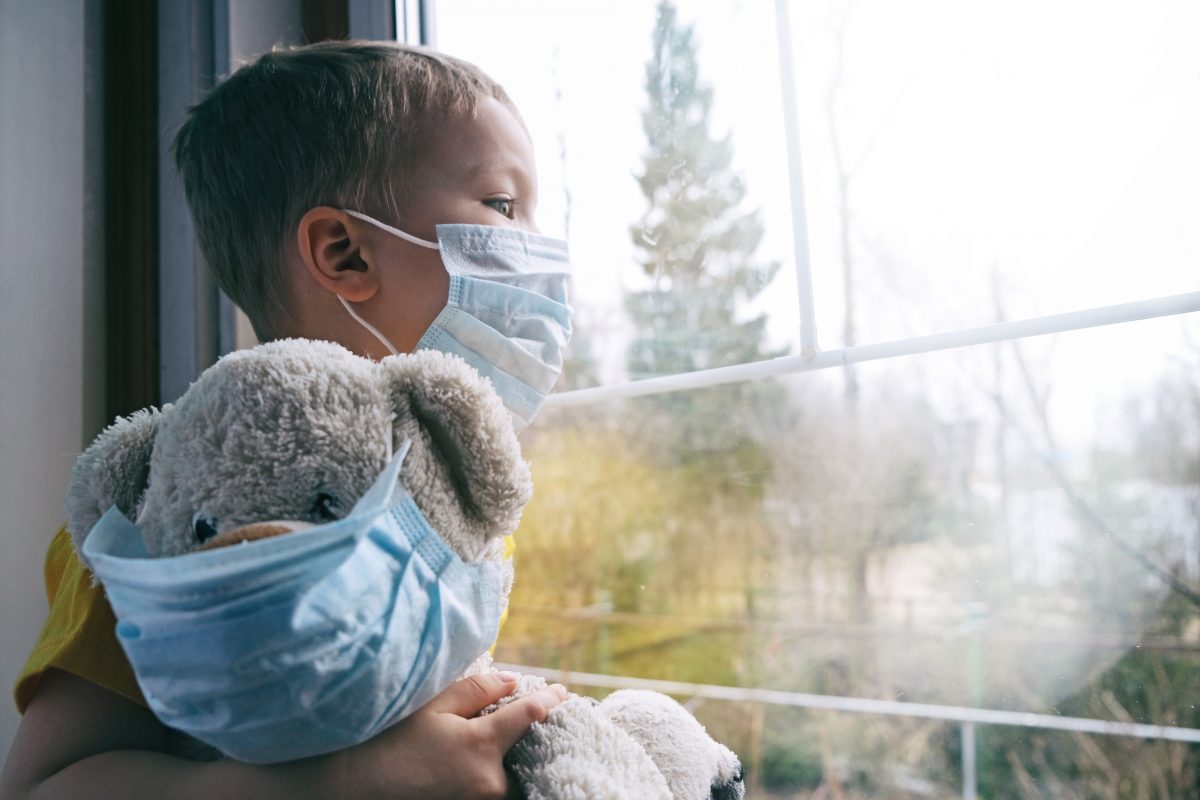
Background: Covid 19. Caring for the Emotional Well Being and Mental Health of Our Children. The Guide 2020.
Now more than ever, as we battle against the affects of Covid-19, teaching our children how to take care of their mental heath is vital. From inspiring in our children quality, deeply rooted feelings of self-worth to teaching them daily mindfulness techniques, there are a myriad of ways that we can all, as parents, help our children to create positive, mental health habits that will offer life-long benefits.
It seems that even a few years, discussions of well-being seemed frowned upon. Many of the older generation remarkably still question why schools and parents even think about these issues when they “just got on with it.”
Some of us too still, hopefully albeit now occasionally, even hear stronger accusations of being part of a generation of “woke” parents – and even of schools and parents conspiring in creating a generation of feeble minded, brain washed weaklings.
Fortunately these voices are increasingly drowned out by the consensus both that it is not only OK to care about and listen to children, but right to do so – and that mental health and emotional well being should no longer be swept under the carpet or stigmatised. The days of persecuting young boys in the interests of “manning up” with all manner of physical and mental torture, or torturing (yes, torturing) young women into aspiring to stereotypical images of perfect (usually diminished) womanhood are pretty much gone.
It has been a hard fought battle and, not a moment to soon, today one that has been mostly won. And who, in their right mind today, can really question how much better the world is for this?
Today in our schools, to take just one example, we expect to see a prohibition on bullying placed centre stage of its values – and, in schools where it is not, whether in stated values or action, none of us question the absolute need to walk away from a school which is, by definition, no less than appalling.
The world is, thankfully, changing. It is getting better. Today mental health is seen as no more stigmatised than physical health – something that is part of the rich tapestry of life. Prejudice in all its forms is seen as simply not OK – and not because of political correctness, but because basic levels of kindness and humanity are the best of all of us, not the worst.
This is, thank goodness, as true for children as it is for all of us as adults. The call for a better, kinder world is no longer something people have to speak about in whispers for fear they will be labelled communists, liberals or simply “wet.”
In the following, in that spirit of openness, we look at mental health and child well being and try and understand what it means – and how, as parents, we can do the very best we can for our children. In doing this, yes, we can all play our part in looking after our children – but also we can all play a part in helping all children – and, as importantly, each other.
What Is Mental Health In Children?
A child’s mental health is influenced by multiple factors. Family, school, their home, their physical environment, the neighbourhood and the community ….. all make up a child’s ecology and impact their whole self.
When we talk about a child’s mental health we are talking about their general emotional well being and their ability to reach standard milestones in psychological, emotional, social and behavioural settings.
Good mental health allows children to develop the resilience to cope with life’s events and to grow into well-rounded, healthy adults. A lot is made of the word resilience – and arguably it is still to some degree an apologetic throw back to worries that somehow basic expectations of kindness are romantic and utopian.
But good mental health is equally about not just empowering children to have the resilience not to suffer in adversity – but, more importantly, to stand up for their beliefs, stand up for values, stand up for those less able to stand up for themselves – and about celebrating their having the confidence to know that they are on the side of good …. and supported for it.
Resilience must be seen as so much more than being able to suffer in silence – otherwise the changes in our schools and societies will have been for absolutely nothing. We might as well just go back to a world of bullying and horror if that is what resilience means.
And mental health is absolutely not a marginal issue.
According to the World Health Organisation (WHO) Mental heath problems affect around 10% of our children.
Mental Health And The Impact Of Covid-19
Helping your child to understand the importance of maintaining their own mental health and giving them tools to do so has always been important. However, the issue has come to the forefront of our social conscience since the start of 2020 when the Covid-19 pandemic began to sweep the globe.
It was inconceivable to the majority of us that our children would, in 2020, be growing up in a world in which everyone wears masks for fear of a virus that kills the vulnerable with abandon. The world today is increasingly one defined by fear and bereavement – together with measures that make even going to school a perceived risk. Worse, some children are overloading with worries of losing their parents or grandparents – and fears that they may be active in their deaths by being “spreaders.” Far too many children have lost members of their families.
Looked at outside ourselves, we look down on such a different world to just year ago – something with much more in common with a dystopian horror movie than any reality any of us have known growing up.
Lighthouse Arabia is a mental health and wellbeing clinic that provides support for the community with psychological and psychiatric care. Dr Ottilia Brown, a Clinical Psychologist is an expert in mental health and well being amidst Covid-19. Dr Brown told us:
“We are living in an unprecedented time faced with a global crisis that inextricably affects all of us.
This is undoubtedly like nothing we’ve lived before and the sheer scale of effect is still to be completely comprehended.
In short, humanity is in crisis.
Some of us are experiencing anxiety and grief for the first time. Grief for the loss of our lives as we knew it, grief for what will never be the same again. Or we may be experiencing emotions that we do not know how to label as yet.
Everything is heightened… the intensity is palpable.
Now more than ever, mental health and your well being matters.”
Dr. Ottilia Brown. Clinical Psychologist. Lighthouse Arabia.
The fear of the virus itself can be a heavy mental weight. The physical impact of fighting the disease is wearing on the body – but also on the mind; the negative affects of isolation can be significant on a child’s thoughts. The strain of social distancing from friends and having to wear a mask can all add to the confusion that they may feel.
There have been a number of studies conducted to understand the psychological impact that Covid-19 has had on societies’ youth. The lockdown, subsequent school closures and lack of contact with any one outside of the household is an unusual and unprecedented situation that is likely to (almost inevitably does …) cause unusual and unprecedented consequences.
Understanding the impact can help us to implement appropriate programmes and interventions going forward and to implement real time counter measures should further lock downs come into effect. It can also help us to try to undo any of the psychological damage that may have been done over the last year.
What The Research Tells Us
The Mental Health Foundation was founded in 1949 and is one of the UK’s leading mental health charities. It is at the forefront of research, policy influence and community care for people of all ages who have experienced mental health challenges.
Key findings from some of their recent research into the impact of Covid-19 indicate that children and young people worldwide have experienced increased feelings of loneliness (considered a key risk factor) due to loss of peer group support and loss of general interaction.
Their evidence also suggests that children are feeling increased levels of anxiety regarding school life, and that there has been an escalation of general worries in the minds of young people about the uncertainty of their future in the aftermath of the scramble to change learning modes to online, missed learning opportunities and then the return to school with protective measures in place.
Here, the UAE Government has, admirably, put free services in place to offer support to us all as residents so that we can address the mental health issues that have arisen from the Corona virus pandemic. A good example is the initiative by The Ministry of Health and Prevention to create a dedicated hotline, manned by volunteers, to assist all of us in psychological concerns and anxiety related to COVID-19. The number is: 800-4673 (Hope)
Signs Of Mental Health Difficulties To Look Out For In Your Child
According to the UK’s NHS approximately 10% children and young people experience emotional issues as they grow up. Yes, some simply ‘outgrow’ their problems as they mature – but many need some professional support to overcome their challenges.
It can be problematic to know when a child is struggling as they navigate the hormonal changes caused by their growing bodies and their evolving personalities, but there are key things that we can all look out for as parents, these including:
- Significant changes in a child’s normal behaviour
- On-going and impactful sleeping difficulties
- Withdrawal from social situations
- No longer wanting to take part in activities that they usually enjoy
- Self-harm or self-neglectful behaviour such as not washing
As a parent, we know our children best. That carries responsibility that can be heavy. Schools inevitably, even the very best of them, will not pick up things that we will.
But we think that the simple thing to hold onto in managing this responsibility is that when we are as parents worried, in any way, the two most powerful things we can do to cope is always to talk and listen to our children – and never ever be afraid to reach out for help.
On a positive note, it is so important to remember that children are naturally resilient and adaptable. Children can roll with change far better often than adults.
As their minds and bodies grow and develop we can, however, teach them useful techniques for maintaining a healthy measure of self-esteem and useful methods to help them to balance their mental well being.
Small but vital reassurances, self-analysis measures and daily mental activities do really help them to keep their thoughts positive and to recognise when they need to reach out for help.
How Can A Parent Nurture A Child’s Mental well Being?
Install A Deep-Rooted Sense Of Self Worth
One of the biggest factors that influence a child’s mental health during their years of development and all through their adult lives is self-esteem.
A child’s self-esteem (as our own) is how they (we) feel about them/our selves.
It is about their confidence, the value that they put on themselves, and their self-worth. A child with positive self esteem values their abilities, they are proud of their achievements, they are secure in who they are and motivated to try new things outside of their comfort zone. They can cope with challenges, are more likely to stand up for themselves and to ask for help when they need it.
How Can Self Worth Be Cultivated?
Children develop self-esteem by working towards and achieving their goals. Encouraging feedback and realistic support from parents makes them feel valued and this builds their sense of self worth.
Self esteem is built when kids:
- Feel respected
- Are allowed to make and learn from mistakes in a safe environment
- Have some appropriate control over their life choices
- Have independence
- Take responsibility for their choices and actions
- Have strong personal and loving relationships
Communicate
According to the World Health Organisation (WHO), this unprecedented time will cause much disruption to a child’s life and therefore has the potential to weigh heavily on their psyche. There are, however, simple strategies that parents can undertake to help them to manage any anger or stress, including:
“… giving young people the love and attention that they need to resolve their fears, and being honest with children, explaining what is happening in a way that they can understand, even if they are young.
Children are very perceptive and will model how to respond from their carers. Parents also need to be supported in managing their own stressors so that they can be models for their children.
Helping children to find ways to express themselves through creative activities, and providing structure in the day – if that is possible – through establishing routines, particularly if they are not going to school anymore, can be beneficial.”
How Can Parents Teach Children To Develop Robust Mental Health Habits?
Aside from self esteem and clear communication there are steps that we can all as parents and care givers take to teach children strategies that can help them to maintain their mental well being from childhood and throughout their lives.
- Practice Positive Self-Talk: Self-talk is a persons internal dialogue which is influenced by the subconscious; the internal thoughts come from a persons beliefs, questions and ideas. Negative self-talk can be distressing and positive self-talk can be hopeful and motivating. Positive self-talk helps a person to manage challenging situations and to cope with hardships and anxiety. Positive self talk takes practice and self awareness:
- Recognise your negative self-talk areas: perhaps certain subjects at school or extra curricular activates are causal factors.
- Set a time to talk positively to yourself: use a regular time, (such as when you are brushing your teeth) to remind yourself of all of your positive achievements and traits.
- Form friendships with positive people. Happiness and laughter is contagious. Avoid emotional vampires and “takers” who suck the energy and life from you – we all know a few!!!!
- Make Moments of mindfulness: Mindfulness is giving your whole attention to something. Slowing down in a moment, focusing in a relaxed way. There is preliminary evidence that mindfulness training can benefit children with anxiety, reducing their symptoms and improving their behaviour (Semple, Reid, & Miller, 2005). These mindful-moments can be as simple as taking 10 deep and slow breaths, or noticing 5 things that your senses are feeling or even standing on one leg and thinking about only your balance.
- Stay Connected – Although the first full lock downs have passed, there is still a fair amount of reluctance from people to fully return to their normal busy social lives while the virus is still circulating the globe. Psychologist Dr Carolyn Boulos believes that keeping social connections is critical to mental and physical health.
“The importance of staying safe has to be balanced with the very real health risks that can be caused by loneliness,” she says. “Loneliness makes people worse. It’s stressful, and if you’re stressed, your immune system doesn’t work as well.”
The wonders of modern technology means that we have online connections to our friends and family, here in the UAE, and all around the world, ready at the click of a button. This is not new to us expats. However, now more than ever it is important to ensure that we reinforce our connections with loved ones. Set regular times to chat with them as often as possible, celebrate special occasions to keep loneliness at bay (yours and theirs).
- Help others: The importance of kindness is something that the Mental Health Foundation advocates as a fundamental human activity that reaps endless rewards to the person receiving it and the person offering it. Research shows that those who actively seek opportunities to help others tend to live longer, they have reduced levels of stress and improved overall emotional well being. We should all endeavour to make kindness the next global pandemic. At this time of year, reminding ourselves of the lessons of Frank Capra’s “It’s a Wonderful Life” is never more fitting, moving or inspiring.
- Stay active – Play! It has always been understood that there is strong connection between physical activity and good mental health. Studies conducted around the world, for all age groups and demographics has shown that physical activity eases symptoms of anxiety and depressions, improves memory, decreases stress, increases self-confidence, boosts sleep and general brain function. For little kids this can be as easy as jumping in the pool or playing in the garden, for the bigger kids and adults a brisk walk along the beach cannot be beaten.
- Find a hobby that engages your mind. Indulging in a hobby that you genuinely enjoy and dedicating your time and enthusiasm to an interest does wonders for mental health. The hobby that you choose is entirely a personal choice, whether it is reading, playing board games, crafting, gardening or fishing, hobbies that distract you from your worries and help you to relax have been proven to reduce stress and improve feelings of anxiety and depression.
- Establish A Sleep routine: Sleep is as vital to our bodies as food and water and poor sleep impacts our physical health as well as our mental well being. Over time poor sleep causes low motivation, increased irritability, impulsivity and stress, it causes forgetfulness, difficulty with learning, anxiety and depression. The Canadian Paediatric Society has released a recent guide to a young persons optimum sleep requirement.
|
Age |
Recommended Amount of Sleep |
|
New born (0-2 months)
|
16 – 18 hours (3-4 hours at a time) |
|
Babies (2-6 months)
|
14 – 16 hours |
|
Older babies (6 months -1year)
|
14 hours |
|
Toddlers
|
10 – 13 hours |
|
Pre-schoolers
|
10 – 12 hours |
|
Elementary children (5-10 years)
|
10 – 12 hours |
|
6 – 13 years
|
9 – 11 hours |
|
14 – 18 years
|
8 – 10 hours |
How To Get Enough Sleep
Create a bedtime routine: Sleep associations are very strong and can be nurtured from a very young age. Having a routine that is repeated every night is a sure way to trigger sleepiness. The exact routine is entirely dependant on each unique family, but including the following pointers has been proven to be beneficial.
- Be consistent
- Include dental hygiene
- Keep it short
- Make it age appropriate
- Eat like an athlete: There are numerous, global studies that have shown that there is a significant link between healthy eating habits and mental health. The American Public Health Association reviewed and compiled the findings from 12 epidemiological studies on nutrition and mental health and found that children and adolescents who consumed quality foods have significantly better mental well-being than those that don’t. Analysis conformed that a habitually poor diet is associated to higher risk of depression and anxiety.
Previously it was advised that we should be eating 5 a day to be healthy, however experts are now recommending that we consume 7 portions or fruit and vegetables everyday (pretty challenging even for the most health conscious of us!) The recent ‘Lettuce Be Happy’ study conducted in the UK found that:
- Increased fruit & vegetable consumption can enhance mental well-being
- Increasing how frequently you consume fruit and vegetables is as important as the overall quantity you consume.
- The relationship between food and mental health is meaningful and significant across different measures of well being.
- Keep a journal: Understanding your own thoughts and emotions is the key to developing emotional maturity and balance. Keeping a journal has shown to be a great way of helping to manage thoughts and feelings and reduce stress, strengthen emotional functions, boost moods, help memory and to even improve the immune system function! With only 10 minutes per day you can process your thoughts and feeling by writing down the events of your day.
Bottom line? The SchoolsCompared.com Verdict on Caring for the Emotional Well Being and Mental Health of Our Children. We *** Are *** in this Together.
Raising healthy and happy children in today’s fast paced, online, technology-driven, social media riven, pandemic world is a challenge in some way for every single one of us.
Everyday uncertainties, rapidly changing norms and Covid-19 unease is unsettling to even the most emotionally stable of us.
We are human, we make mistakes and the unforeseeable does happen – throwing spanners that hit targets and hurt. Stress is inevitable and often results in decisions and actions we wish we could undo.
Throw in the difficulties to the issues we face as parents those that the young have in expressing their emotions, the affects on them of isolation and distance from loved ones – and the result may be some children who are inevitably ill equipped to handle the emotional disruption.
In order to flourish, children need supportive environments and a positive ecosystem. Having a few helpful techniques for managing their mental well being gives children a sense of control over their emotions and their life so that they can develop the ability to handle disruption and to even thrive in the face of it.
Attitudes toward mental health issues have changed over the years. The once taboo subject is far more openly discussed, and now, with the commonly shared pressures that came with Covid-19 with all the subtlety of an iron bar through a window, seeking help to manage the extra stressors that we are all feeling must be seen as an encouraged, proactive and courageous act of self care.
When we look for silver linings in the Covid-19 pandemic then the new found focus and diminished stigma of mental health issues is surely something we can all celebrate together.
If we can get this right, at stake is the promise that the next generation will have amazing levels of resilience, courage, positivity, kindness – and all the tools to ensure that their mental health is well taken care of.
For those of you reading this that are struggling, please do not feel alone.
There are many therapy and counselling services available throughout the UAE – and all our outstanding schools have well-trained (and kind) school councillors offering their help and support to children and families that are struggling with mental well being.
There are many kind souls in this world that seem genetically engineered to be there (really be there) for those with the courage to reach out. Let’s all feel less afraid of doing just that, and being there for those that reach out to us.
For a comprehensive guide to therapy and counselling services for youths and teens in the UAE too, you can also click here.
In conclusion, a small story.
This week we learned of one child isolating at home that suffered a seizure because of the stress of completing homework with his Mum so as to not fall behind his peers during isolating.
No one did anything wrong here.
The school sought to provide a fabulous and inspiring framework for home learning.
The child worked his socks off and learned lots of inspiring new pieces of information that helped the world click together better.
The Mum took time away from work to be there for her child.
But it did go wrong, and everyone had to pick up the pieces afterwards and learn from the experience.
This is ultimately what happens in life. The best intentions and manuals cannot save us from curve balls.
In this case, all was well and everyone learned a lesson about managing homework – an issue we will return to next month. It might well, however, have been a different story.
What won through here, ultimately, was the willingness of everyone – school, parents and child, to revisit the ways things were being done and recognise that there can be no one size fits all approach to educating children, whether that be the amount of homework that works, or the types of teaching and care appropriate to each child’s individual needs.
Understanding the very individual mental health and emotional well being needs of children, as this story shows, is more than important. Lives can and do depend on it.
© SchoolsCompared.com 2020. All rights reserved.
Notes from the Editor
(1) An opposing view of why mental health and emotional well being are over-stated and potentially dangerous for children (a view we fundamentally disagree with) can be found here. Sometimes it is useful to be aware of the arguments of those with an opposing view, however outlandish…
(2) More on Lighthouse Arabia can be found here. The Centre is fully licensed by the Dubai Health Authority. Telephone: 971 (0)4 380 2088.











































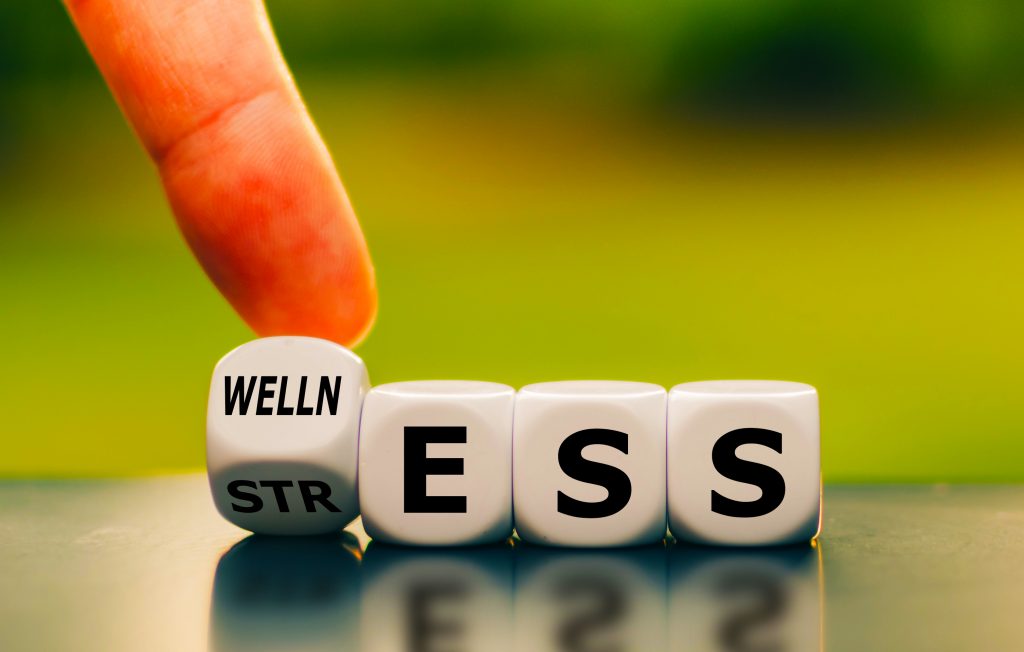
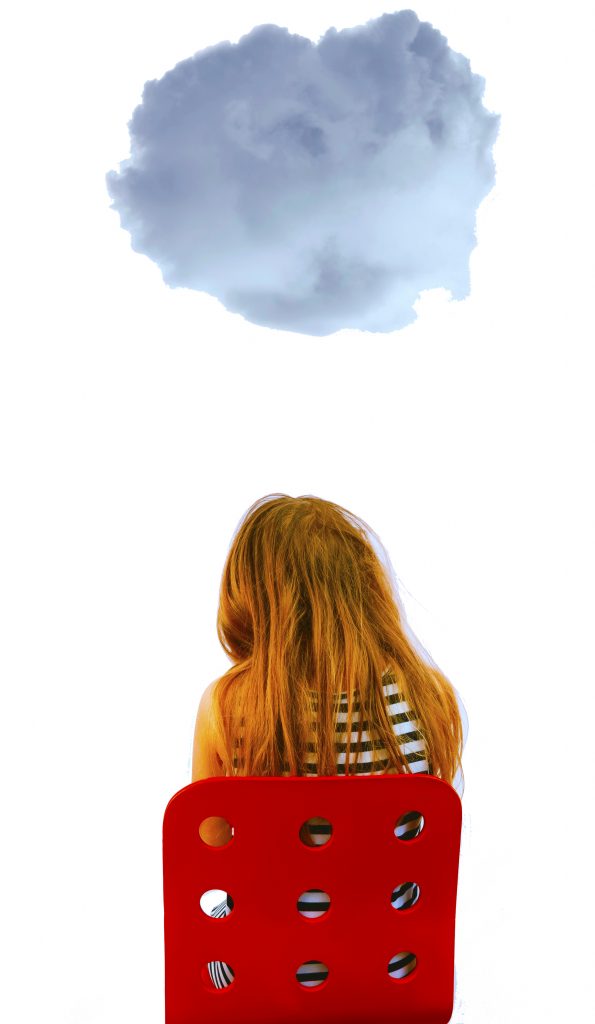
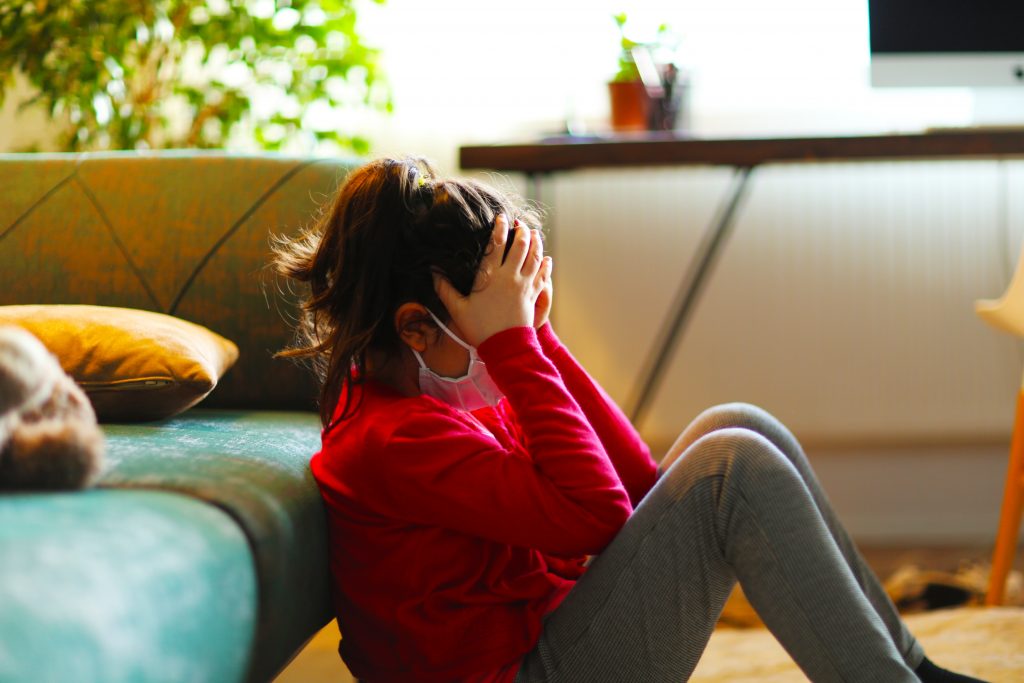


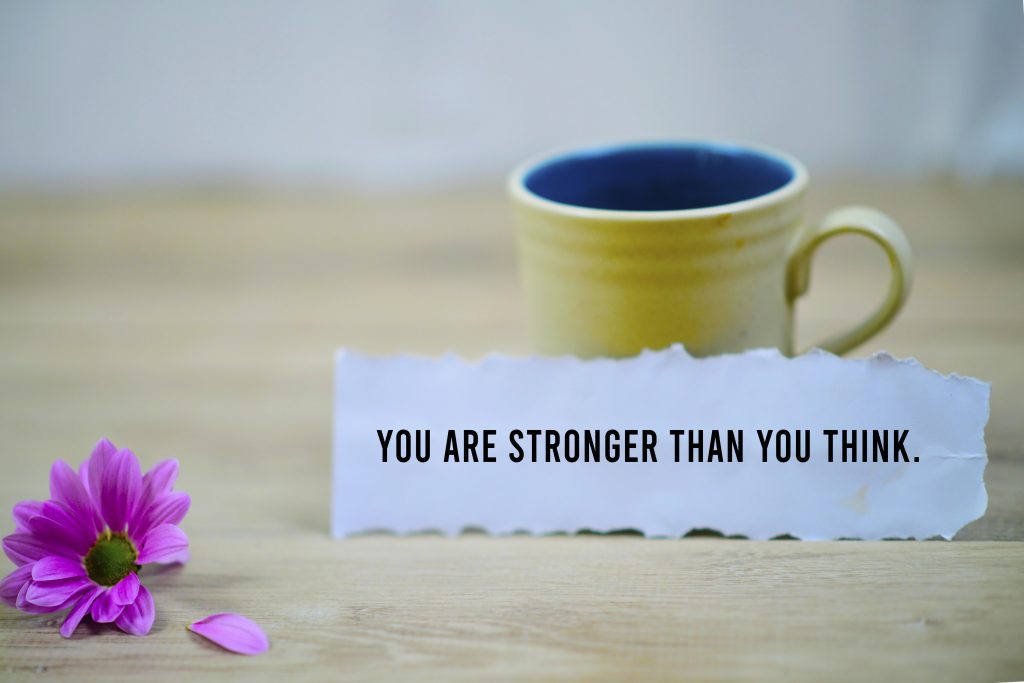















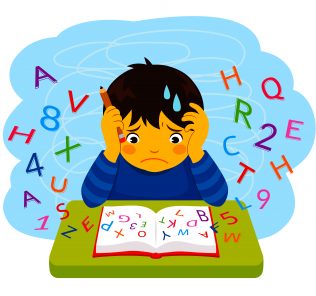








Leave a Response